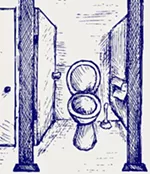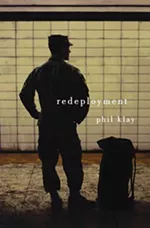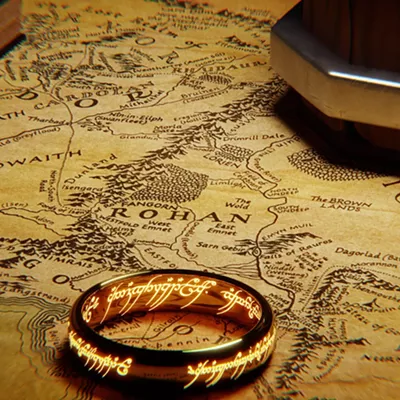Monday, April 21, 2014
What We've Been... reading
At the intersection of psychology and bathroom etiquette is this story from The Atlantic: The Private Lives of Public Bathrooms. The piece explores the history of our bathroom-associated shame, the strange ways we behave and react to others in public restrooms and how all of that can prevent some people from being able to use them at all. It's a strange and fascinating read that summarizes its central question this way: “Despite our evolution as civilized humans who can send spaceships to Mars and contemplate the nature of our own existence, we all still have to shit. And yet, it’s something nearly everyone is ashamed of and disgusted by.” I, for one, never knew there was so much to learn about public bathrooms.
— HEIDI GROOVER
In his latest book, The Ministry of Guidance Invites You to Not Stay, journalist Hooman Majd chronicles his year living in Iran — where he was born, but did not grow up — with his Midwestern-born wife and infant son. It’s a crazy experiment, one that begins with the question: What’s really so crazy about Americans living in Iran? It’s partially a story about what “home” means, and the difference between being from somewhere and living there. But Americans’ view of Iran as a vaguely exotic and sinister place is not lost on Majd, and he deftly describes the way the bureaucracy is both absurd and chillingly personal in scenes that feel like a cross between 1984 and Catch-22. But the highlights so far — I’m only about halfway through the book — are the travelogue-style cultural anecdotes, like the way Iranians loudly disapprove of the indignity to both father and son when Majd takes his baby out strapped to his chest in a front carrier.
— LISA WAANANEN
Reading, in this dark age of Twitter, Netflix and Candy Crush, is a constant battle. Far easier to take the laptop to bed than a big thick paperback. But nevertheless, I’ve been slowly making my way through IQ84, Haruki Murakami’s behemoth of a novel. A little over halfway through, the most interesting element, so far, is how much the fantastical elements have been downplayed. The notion that there’s something wrong, something strange creeps up nearly as slowly on the readers as it does the characters.
The best part, though, are the parts that aren’t fantastical or broad. They’re the little elements of everyday life. A woman meeting a colleague at a bar. An writer exhilarated by the possibility he sees embedded in the manuscript.
As other more grandiose themes, like religion, control and destiny, begin to peep out through IQ84’s pages, it will be interesting to see if Murakami will prevent these more modest insights from being overwhelmed.
— DANIEL WALTERS
With pitch-black wit and fearless dialogue, Phil Klay's Redeployment renders the Iraq War through the young, obscene, acronym-heavy voices of those who fought it. Released earlier this year, the collection of short stories has already earned multiple comparisons to the Vietnam classic, The Things They Carried, by offering an intense, unfiltered tour of the soldier's soul. Klay, a former public affairs officer with the Marines, puts a variety of characters through the worst of war while others return home to fight new battles within themselves. I'm only through the first few stories, but Klay brings sharp, nuanced insight to the many struggles American soldiers and Marines face with an authenticity that rings truer than many competing efforts.
— JACOB JONES
Tags: What We've Been... , Culture , Books , Arts & Culture , Image






















